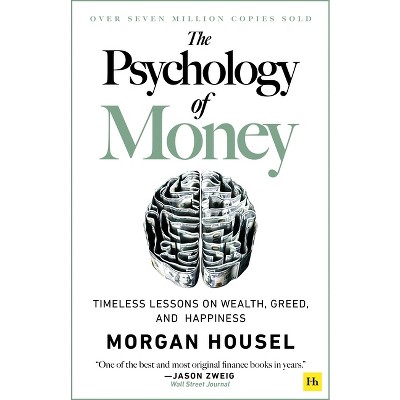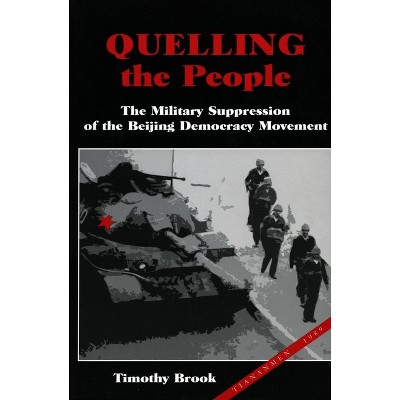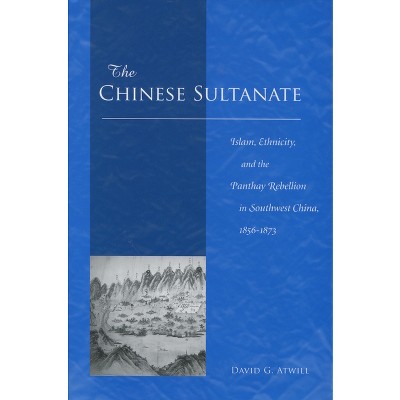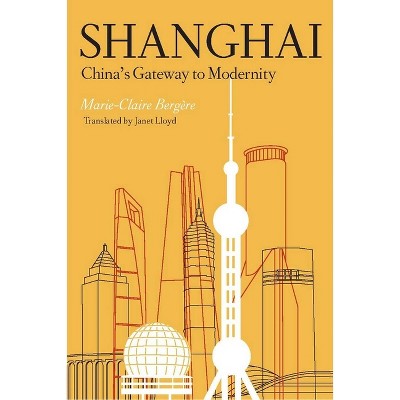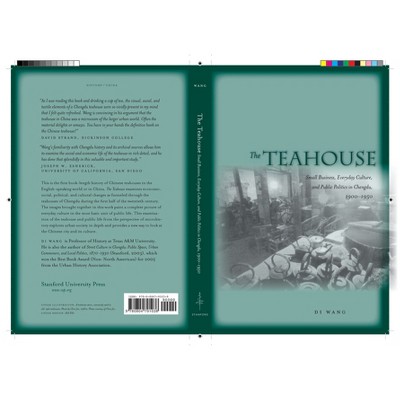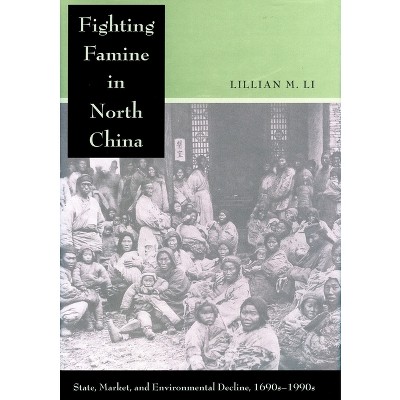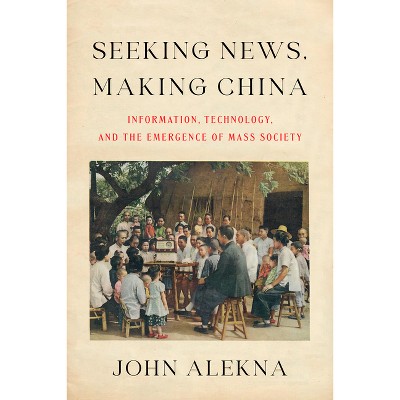About this item
Highlights
- This book traces the shared culture of the Chinese elite from the seventh to the twelfth centuries.
- Author(s): Peter K Bol
- 532 Pages
- History, Asia
Description
About the Book
Addressing one of the great themes in premodern Chinese history, this book traces the transformation of the shared culture of the Chinese learned elite from the seventh to the twelfth centuries.Book Synopsis
This book traces the shared culture of the Chinese elite from the seventh to the twelfth centuries. The early T'ang definition of 'This Culture of Ours' combined literary and scholarly traditions from the previous five centuries. The late Sung Neo-Confucian movement challenged that definition. The author argues that the Tang-Sung transition is best understood as a transition from a literary view of culture - in which literary accomplishment and mastery of traditional forms were regarded as essential - to the ethical orientation of Neo-Confucianism, in which the cultivation of one's innate moral ability was regarded as the goal of learning. The author shows that this transformation paralleled the collapse of the T'ang order and the restoration of a centralized empire under the Sung, underscoring the connection between elite formation and political institutions.
From the Back Cover
"Bol's book is a major accomplishment, intellectual history at its best. Every serious student of the history and the literary and intellectual culture of traditional China will want to read Bol's study and will need to take it into account." --ChoiceReview Quotes
"Bol's book is a major accomplishment, intellectual history at its best. Bol deals with a very large topic as he relates changes in the underlying aims and objects of intellectual activity to the changing historical situation and composition of China's elite. Along with a broad interpretative framework, Bol offers new perspectives on influential figures, and subtle readings from a wide range of sources. He begins in the seventh century with the literary-cultural orientation of early T'ang court scholarship and concludes in the Sung with the Neo-Confucian emphasis on ethics, which met the needs of a new local elite and remained dominant until the 17th century. Every serious student of the history and the literary and intellectual culture of traditional China will want to read Bol's study and will need to take it into account." --Choice






